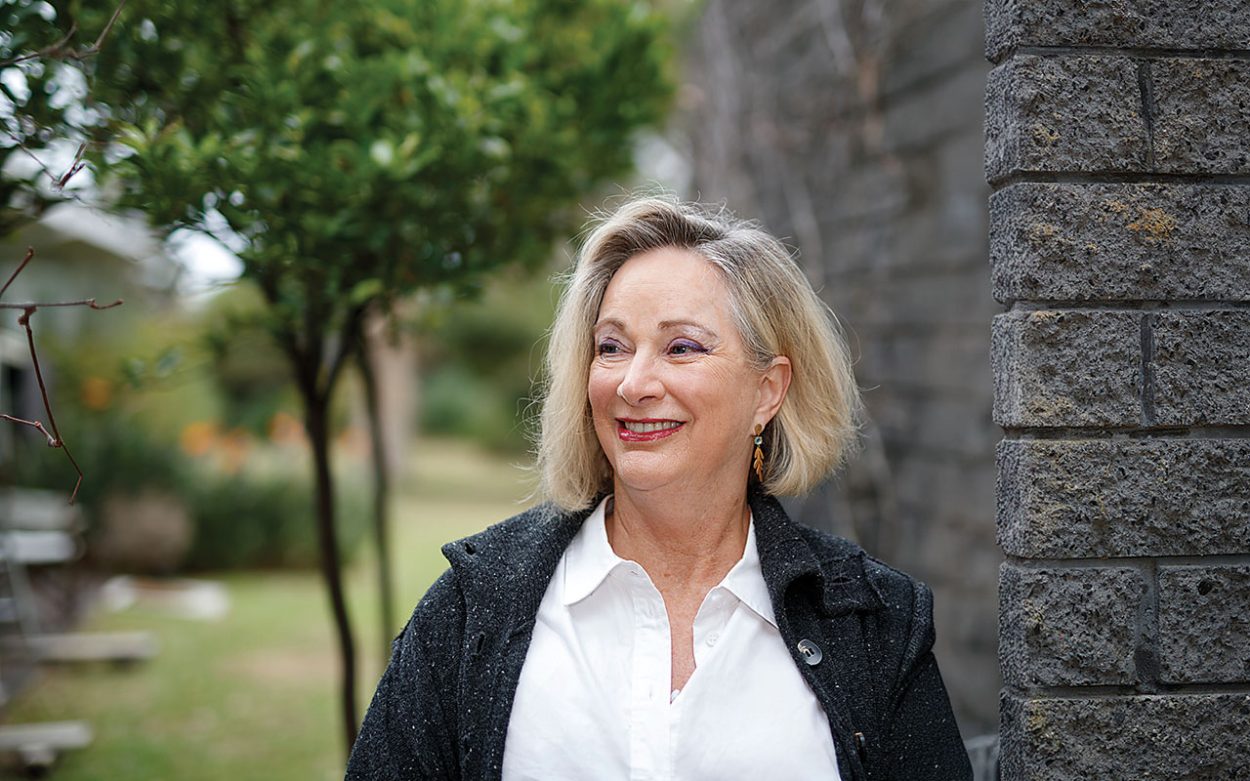VICTORIA Sharp’s story is about hope and the power of research to deliver better treatments and outcomes for women with gynaecological cancers. Her story is one of those being told as part of an initiative by the Australia New Zealand Gynaecological Oncology Group (ANZGOG) about advancing research into these types of women’s cancers.
Diagnosed with advanced ovarian cancer, Victoria Sharp’s future looked dire until a ground-breaking clinical trial offered her a second chance. The Mt Martha resident was diagnosed with the disease in 2015, but with limited treatment options and a rapidly progressing illness, doctors gave her little hope. “I had extensive major surgery and that was followed by a full program of chemotherapy. I remained in remission for some 18 months, but the cancer returned in 2017,” she said.
“The news that my cancer had returned and was inoperable was heart wrenching for myself and for my family. But that changed when my oncologist told me of a new clinical trial involving targeted therapy, which was being offered to patients at the Peter MacCallum Cancer Centre in Melbourne.
While initially apprehensive and feeling like she was “leaping into the unknown”, Victoria felt that “it was great to be part of a research effort which offered very real hope,” and felt she was “contributing to something bigger than myself rather than suffering in isolation”. She was accepted and miraculously within a month her tumours began to shrink. Now in remission, Victoria is a passionate advocate for making breakthrough treatments available to all women, not just the lucky few.
Gynaecological cancers are not like other chronic diseases, or even other cancers. They often grow silently during the curable stage, so that when detected, the cancer is often advanced and incurable. A report released in April by ANZGOG, stated that decades of underfunding had meant that gynaecological cancers involving the female reproductive system had produced the lowest survival outcomes among all cancers. It also noted that for nearly 20 years, gynaecological cancers have been among the most underfunded cancer types despite being one of the leading causes of cancer-related deaths in women. Every day 19 women are diagnosed with gynaecological cancer with diagnoses expected to surge by 21 per cent over the next ten years, the report said.
For Victoria, she admitted being “very lucky”, but wants all women and girls to benefit from new treatments as “research can deliver so much more”. “The targeted treatment gave me much needed hope and a positive focus. I was lucky to receive life-extending treatment on a clinical trial – an unexpected but wonderful outcome. I attribute my survival to research and to the opportunity to participate in such a trial. All women deserve the opportunity to receive such positive outcomes and better treatment made possible through research.”
The ANZGOG has developed the Gynaecological Cancer Transformation Initiative and are calling for urgent action to save the lives of Australian women, seeking a commitment from the Australian Government to bring the strategy to life and prevent over 30,000 deaths over the next decade.
First published in the Mornington News – 10 June 2025




